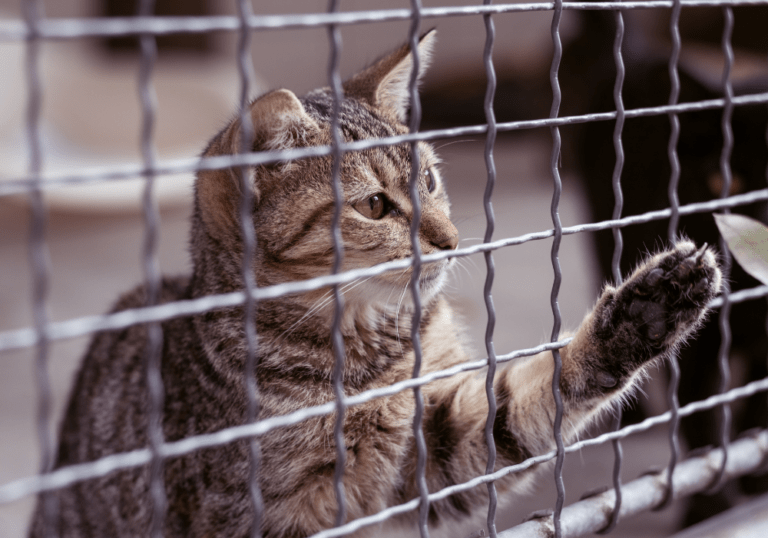The Importance of Choosing the Right Pet: A Guide to Pet Shops

When it comes to adding a furry (or scaly) friend to your family, the journey often begins at a pet shop. These establishments offer a range of animals, including dogs, cats, birds, rabbits, reptiles, rodents, and fish, all available for sale to the public. However, while many people find joy in their purchases, it’s essential to understand the complexities and concerns surrounding pet shops, particularly those related to the acquisition and care of the animals they sell.
Understanding Pet Shops
Pet shops are designed to provide a diverse selection of animals for potential owners. However, the practices associated with these stores can vary significantly. Many pet shops source their animals from large-scale commercial breeding operations, which may not prioritize animal welfare. Critics often liken these operations to “puppy mills” for various species, raising ethical concerns about the treatment of animals before they arrive at the store.
The Dangers of Buying from Pet Shops
One of the significant issues with pet shops is the potential for animals to arrive sick or stressed. Overcrowded cages and long transport times can lead to the spread of diseases, resulting in unhealthy animals being sold. Furthermore, large pet store chains have been known to house sick animals alongside healthy ones, making it challenging for potential pet owners to make informed decisions.
The Lack of Proper Care and Education
In many cases, store employees may not be adequately trained in animal care. Common practices, such as picking up fancy rats by their tails, can be harmful and painful to the animals. This lack of proper handling can lead to additional stress for the pets, impacting their ability to socialize effectively with their new owners. Consequently, new pet owners may find themselves facing behavioral issues, leading to frustration and, in some cases, abandonment.
Responsible Pet Ownership
While some pet shops have implemented screening processes to ensure responsible pet ownership, this is not universally practiced. Many stores prioritize sales over the well-being of animals, leading to impulsive purchases, particularly by families looking for a pet for their children. Unfortunately, when the novelty of a new pet wears off, these animals are often neglected or abandoned.
Alternatives to Pet Shops
If you are considering adding a pet to your family, think about exploring alternatives to pet shops. Animal shelters and rescue organizations often have a variety of pets looking for loving homes. Not only does this help combat the issues associated with commercial breeding operations, but it also gives these animals a second chance.
Consulting Experts
Before making a commitment to a new pet, it’s crucial to consult experts. At Willow Glen Pet Hospital, our doctors can provide valuable advice on choosing the right pet for your lifestyle and ensuring you are prepared for the responsibilities of pet ownership.
Conclusion
Choosing a pet is a significant decision that should not be taken lightly. Understanding the issues surrounding pet shops can help prospective pet owners make informed choices. By considering alternatives and seeking guidance from professionals, you can ensure that you bring a happy and healthy pet into your home.
If you need more help or have any questions, call us at Willow Glen Pet Hospital, willowglenpethospital.com, (669) 342-7472, 1033 Willow Street, San Jose, CA, 95125, US. Hours: Monday – Saturday 8:00 am – 6:00 pm Dr. Gillon or Dr. Shani or visit us online.
